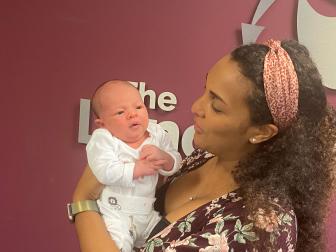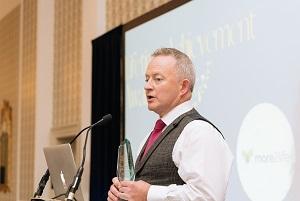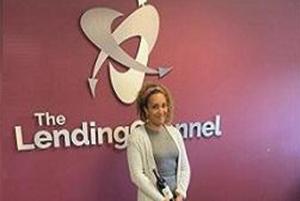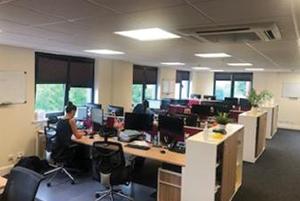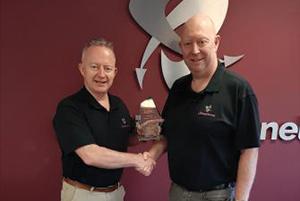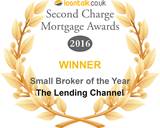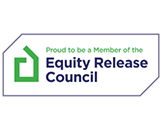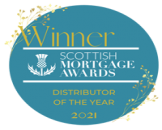How Much Is A Deposit For Buy-To-Let Mortgages?
Buy-to-let property can be a fruitful property investment for experienced landlords.
On the surface, the process seems straightforward; acquire a property, and you’re good to rent it out. Easy money, right?
While it can sometimes be this simple, there are a few factors to be aware of before going down this route.
We are here to help you decide if this kind of investment will work for you. Keep on reading to learn more about deposit for buy to let mortgage and how your circumstances may affect what you can borrow.

What is a buy-to-let deposit?
A buy-to-let deposit refers to the initial sum of money that a landlord or property investor must contribute towards the purchase of a buy-to-let property. The amount of the mortgage deposit is determined by the lender and is typically a percentage of the property's purchase price.
During the application process for a buy-to-let mortgage, the lender will evaluate your financial situation, credit history, and the potential rental income from the property. Based on this information, the lender will then determine the maximum amount that can be borrowed and give an accurate figure for the required buy-to-let deposit amount.
Typically, lenders require a higher minimum deposit for buy-to-let properties than for owner-occupied properties. This is because buy-to-let mortgages are seen as higher-risk investments due to the potential for rental income fluctuations and void periods.
What is the difference between a buy-to-let mortgage and a standard mortgage?
Although technically similar in many ways, there are a few significant differences between the two mortgages.
First is their function
If you plan to rent your property out, you cannot do so on a standard residential mortgage . Traditional mortgages only apply if you are buying the property to live in yourself.
If you already have a standard mortgage on a property you’d like to rent, you will be required to switch to a buy-to-let mortgage, which your lender can assist with.
Second is their availability
Lenders see buy-to-let mortgages as ‘higher risk’ investments.
This is because landlords have the potential to face difficulties with rent collection and the fact that it can be likely that your property will not always be occupied.
This means lenders will need more reassurance that you can handle repayment responsibly. They may run additional checks, and there are more hoops to jump through in terms of criteria.
Generally speaking, mortgage providers will only consider you for a buy-to-let mortgage if:
- You’re already a responsible homeowner, or you’ve managed rental properties before
- You’re over 18 (in some cases, lenders like you to be over 25)
- You have a substantial income - generally over £25,000 p/a
- Your property is deemed suitable
- They accept your intended use for the property
Thirdly, one of the biggest rewards a buy-to-let mortgage offers is lower monthly payments
Rental income should, in theory, more than cover the mortgage repayments.
Unlike their residential counterpart, buy-to-let mortgages offer two options; a capital repayment or an interest-only plan.
Many landlords choose an interest-only repayment plan, minimising monthly costs meaning that landlords will just pay the mortgage interest rate on the loan rather than make repayments on the mortgage itself.
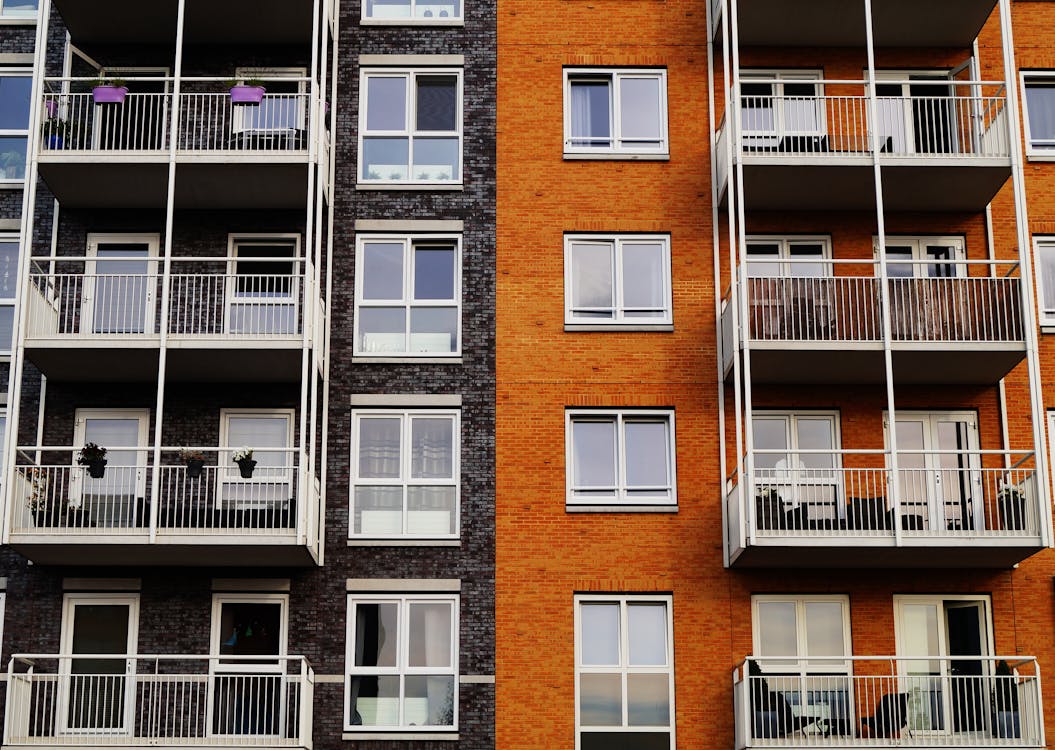
How much can I borrow for a buy-to-let mortgage?
The amount you can borrow is usually dependent on the rent you can charge and your own financial circumstances.
Mortgage providers will often need the rental income to cover 125% of the interest-only repayments. That figure can sometimes climb to 145%. But, as with every factor, this is dependent on the lender and your specific financial situation.
Be aware that you will need to be able to pay off the borrowed balance when the term ends.
How much deposit required for a buy to let mortgage?
Because of the increased risk of buy-to-let mortgages, most lenders will require a bigger deposit for a buy-to-let compared to a standard residential mortgage.
On average, a deposit for a buy-to-let mortgage amounts to at least 25% of the total value of the property. Some of the very best mortgage rates out there will require a deposit as big as 40%; the larger the deposit, the better the monthly rate. However, this can vary from lender to lender.
The larger deposit amount is needed to provide extra security and peace of mind for the mortgage provider.
Bare in mind that fees will be are heftier too. Arrangement fees can climb to 3.5% of your property value when it comes to obtaining a buy-to-let mortgage.
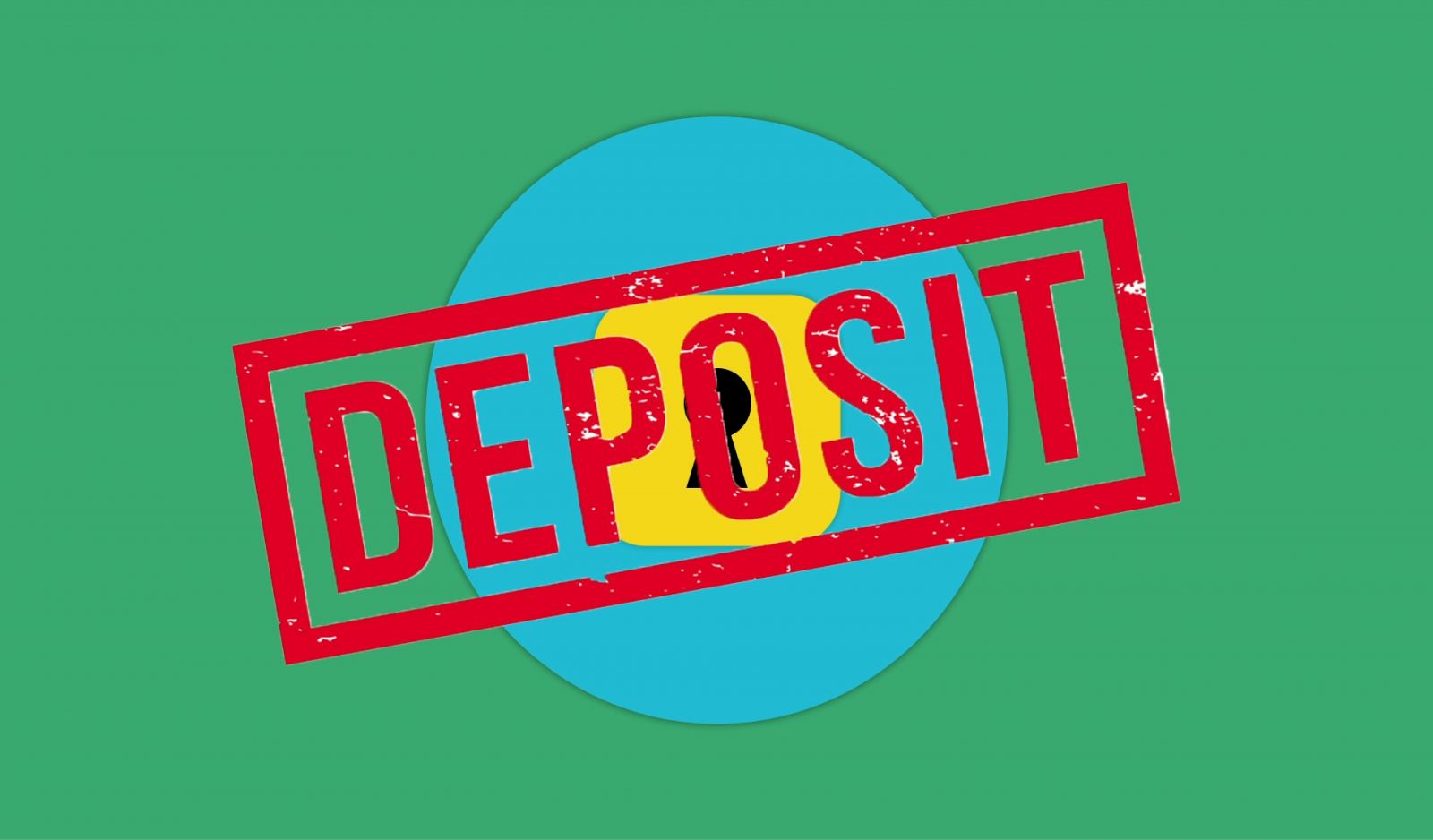
How to increase your chances of obtaining a buy-to-let mortgage
To increase the chances of being approved for a buy-to-let mortgage and obtaining a favorable deposit amount, you should ideally have all of the following:
Additionally, as an applicant you should consider seeking the advice of an experienced financial advisor or mortgage broker , such as The Lending Channel, to help navigate the application process and find the best buy-to-let mortgage for your individual needs.
Is it possible to get a buy-to-let mortgage with a small deposit?
Whilst most buy-to-let mortgage lenders will require upwards of 25% of the property value for a deposit, it is still possible to find lenders that offer an 85% buy-to-rent mortgage terms. This requires a 15% deposit.
However, bear in mind that the size of your deposit affects the mortgage payments. So, although there may be some lenders who offer mortgage products on a lower deposit, the rates they offer in return are not very competitive.
Those considering a lower deposit on a buy-to-let should also factor interest rates into their rental yield calculations. Interest rates at 80% or 85% loan to value (LTV) will usually be notably higher than 60% or 75% LTVs.
As a general rule, you’ll need at least 20% of your property value as a deposit to secure a good deal in your mortgage application.
Sometimes, it makes more financial sense for the investor to pay a smaller deposit (with poorer monthly rates). Instead, they invest in multiple properties, increasing their portfolio. This makes sense, as profits tend to be generated from rental income, so the more properties, the better.
Unlike residential owners, buy-to-let landlords often aren’t interested in paying off the mortgage or fully owning the property.
Trying to secure a buy-to-let mortgage with a minimal deposit is complicated and certainly more difficult.
You might have to look in unlikely places to find a fair deal. However, it isn’t impossible, and you may be able to negotiate with the help of a reliable mortgage broker.
Can I get a buy-to-let mortgage as a first-time buyer?
Again, if you want a shot at decent buy-to-let mortgage rates, your deposit is key. You’ll have to supply at least a 25% deposit to even begin to be considered.
Your options will be significantly reduced as a first-time buyer looking for a buy-to-let mortgage as you will be viewed as a less reliable investment in the eyes of a lending company. An experienced landlord is a much safer bet.
Although it is certainly harder to be accepted as a first-time buyer, it can be done in certain circumstances.
Read more on this topic on our blog dedicated to the subject of getting a buy-to-let mortgage as a first-time buyer.

A good mortgage broker is crucial for obtaining a buy to let mortgage!
Thinking about investing in a buy-to-let property or adding to your current portfolio? Want to switch your residential mortgage to a buy-to-rent? Not sure where to look for the best mortgage deals?
An experienced mortgage broker is the key to getting the most out of your deal. It’s the best way of ensuring you have your finger on the pulse of what’s out there.
The Lending Channel is a specialised mortgage broker expert about buy to let mortgages. Even if your mortgage circumstances are complex , we pride ourselves on finding the absolute best deal for you.
This might require direct negotiation with the mortgage providers. We can liaise with many lenders and explore rates that might not be readily advertised with our first-class connections. With our knowledge of the market, we are best placed to advise you on your loan options.
If you're considering purchasing property but are unsure of how big a deposit you will need for a buy-to-let mortgage our team will be happy to help you.
Contact us today for free, no-obligation buy-to-let mortgage advice to find out more on this complex subject.


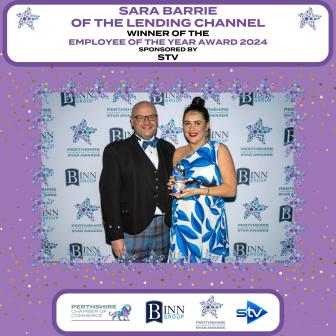


.jpg)

.png)





